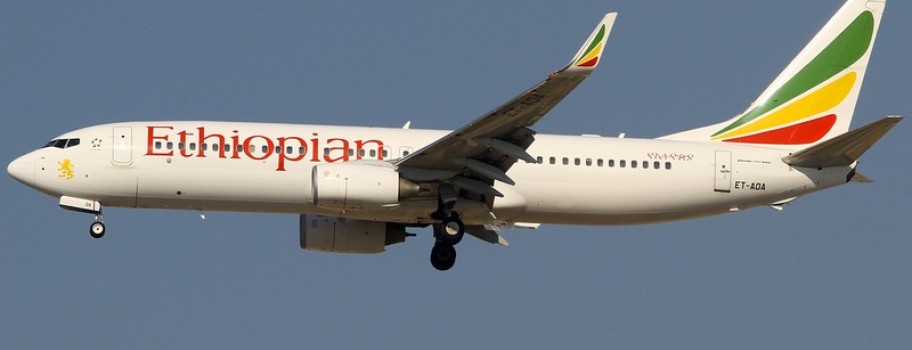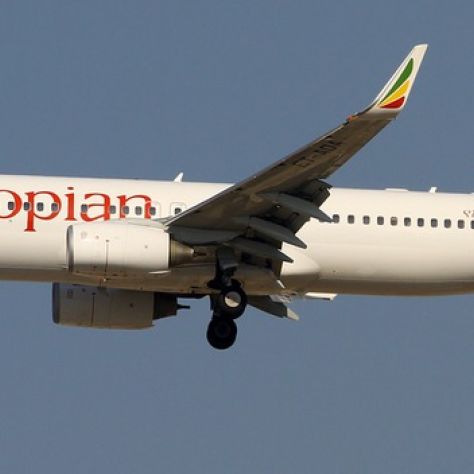There are few things more anxiety-inducing for frequent travelers than scenes of air crash wreckage strewn over a landscape. Safety during flying is something most of us take for granted, and even those with a fear of flying see the dizzying experience of gliding tens of thousands of feet above ground as a fair tradeoff for the varied riches that travel presents.
So when the FAA grounded the entire Boeing 737 MAX fleet following the tragic crash of Ethiopian Airlines flight ET302 on Sunday, travelers around the country certainly took note. Is the Boeing 737 MAX aircraft safe to fly in? Is any Boeing 737 safe at all? How will this affect upcoming travel plans?
Despite the two unfortunate recent crashes involving 737 MAX aircraft, flying is still remarkably safe, says aviation journalist John Walton in a piece for Lonely Planet. The media’s lack of expertise feeds into widespread panic when these things happen, he posits, which in turn breeds unfounded fear and anxiety around flying.
While we don’t yet know the reasons behind the Ethiopian Airlines crash, Walton says there are a few things we know for sure:
- Flying is still safe—even safer than riding in a car.
- No other planes have been grounded besides the MAX, and there’s no reason to think other classes of Boeing aircraft would be affected.
- The grounding of 737 MAX planes is simply a precaution until the black boxes from the Ethiopian Airlines plane reveal the causes of the crash.
Initial speculation into the why the plane went down centers around the new plane’s design and MCAS software that is intended to mitigate pitching, two factors that aren’t an issue with the vast majority of planes currently flying around the world.
So while no one can be blamed for being cautious, Walton suggests we all “continue flying in confidence,” just as we were doing before.


